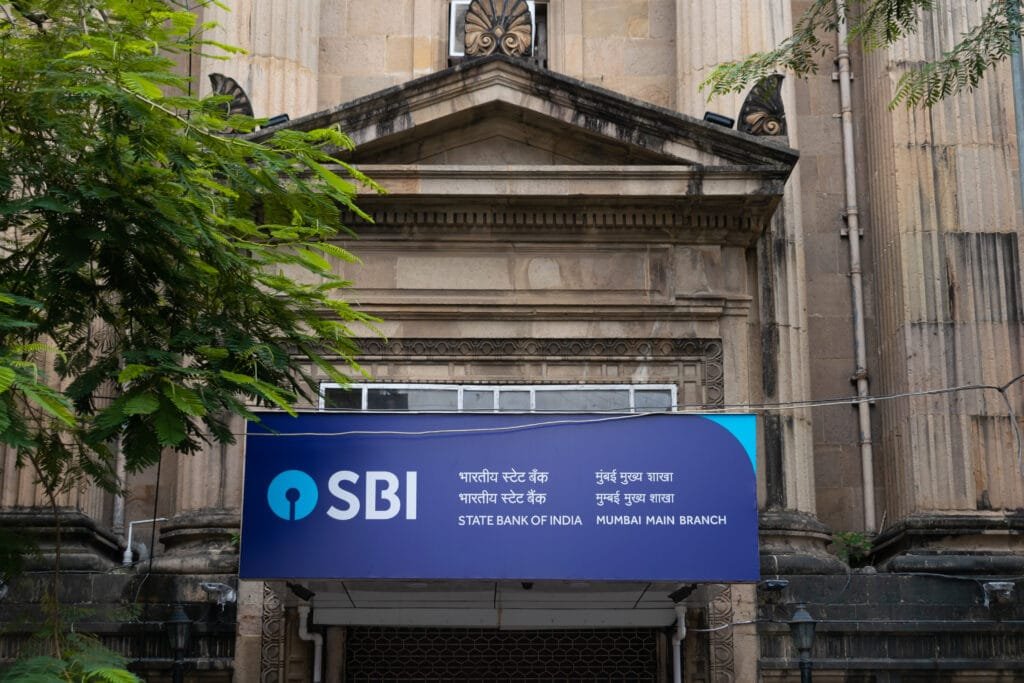
TThe Reserve Bank of India (RBI), on April 29, 2025, imposed a monetary penalty of ₹1.72 crore on the State Bank of India (SBI). This action came after RBI found violations of its key guidelines related to lending, customer protection, and current account operations.
Why RBI Put Penalty on State Bank of India?
RBI carried out its Statutory Inspection for Supervisory Evaluation (ISE 2023) using SBI’s financial position as of March 31, 2023. Based on this inspection and subsequent correspondence, RBI found multiple instances of non-compliance.
The central bank then issued a show-cause notice asking why a penalty should not be imposed. After reviewing SBI’s written and oral responses, RBI confirmed that the violations warranted a monetary penalty.
Key Areas of Non-Compliance
RBI highlighted three major violations by SBI:
1. Lending Against Future Government Receivables
SBI extended a bridge loan to an entity based on expected funds from the Central or State Government in the form of subsidies or reimbursements. This practice directly violated RBI’s instructions under ‘Loans and Advances – Statutory and Other Restrictions’.
2. Failure to Protect Customers in Unauthorised Transactions
The bank failed to:
- Credit disputed amounts (shadow reversal) to customers within 10 working days after they reported unauthorized electronic banking transactions.
- Compensate affected customers within the 90-day period prescribed by RBI guidelines.
This violated the ‘Customer Protection – Limiting Liability of Customers in Unauthorised Electronic Banking Transactions’ directive.
3. Irregular Opening and Maintenance of Current Accounts
SBI opened or continued certain current accounts that did not comply with RBI’s regulations on maintaining current accounts. These actions breached the RBI’s circular titled ‘Opening of Current Accounts by Banks – Need for Discipline’.
Legal Grounds for the Penalty on State Bank of India
RBI imposed the penalty using powers granted under:
- Section 47A(1)(c)
- Read with Sections 46(4)(i) and 51(1)
of the Banking Regulation Act, 1949.
RBI’s Clarification
RBI clarified that the penalty is for regulatory non-compliance and does not impact the validity of any contracts or agreements SBI made with its customers. This penalty also does not prevent RBI from taking further supervisory actions in the future.
This penalty highlights RBI’s strict monitoring of banking operations, especially in areas involving customer protection, regulatory discipline, and ethical lending. SBI, being India’s largest public sector bank, will now need to strengthen its internal compliance mechanisms to avoid such actions going forward.on targets regulatory lapses, not the bank’s customer agreements or individual transactions. It may also take other actions if needed.

